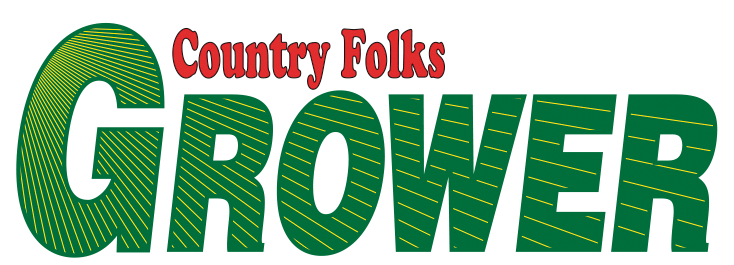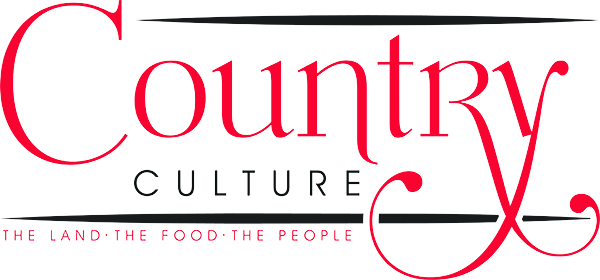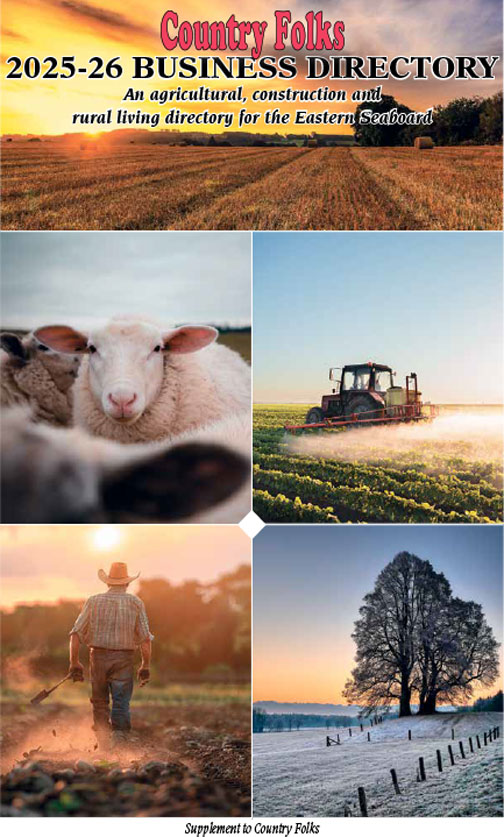September 17, 2025
Technically, technical assistance
Hyperbole is often found in literature when an author wants to heighten the effect of their words or add vibrancy and magnitude to catch the reader’s attention. Singer John Legend said, “I think writers are prone to hyperbole sometimes.” I’m guilty, but I hope the bait caught the fish. Anyone in agriculture has heard the term





